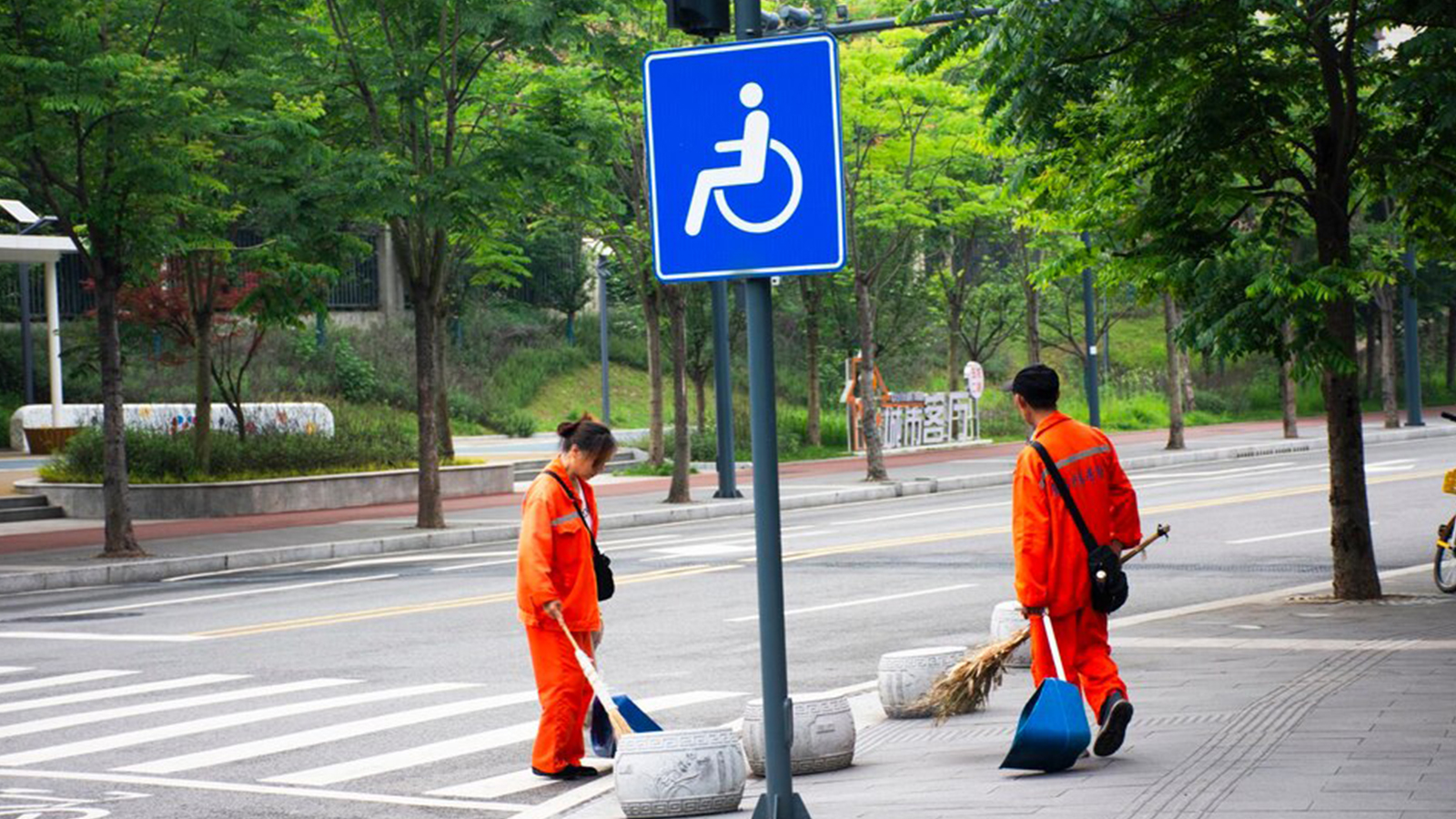The Economic Benefits of Investing in Road Hygiene
Investing in road hygiene is not just a matter of public health and safety; it's also an economically sound decision. Clean and well-maintained roads contribute to the overall well-being of communities, reduce long-term infrastructure costs, and enhance the attractiveness of cities for businesses and tourism. In this article, we'll explore the various economic benefits of prioritizing road hygiene.
1. Reduced Infrastructure Costs
Regular road cleaning and maintenance can significantly reduce the costs associated with road repairs and replacements. Debris, dirt, and chemicals on the road can accelerate the deterioration of road surfaces, leading to potholes and other damage. By maintaining road hygiene, cities can extend the lifespan of their infrastructure, saving millions in repair costs over time.
2. Enhanced Property Values
Well-maintained roads contribute to higher property values in the surrounding areas. Clean and safe streets make neighborhoods more attractive to potential homeowners and investors, leading to increased demand and, consequently, higher property prices. This, in turn, boosts local tax revenues, which can be reinvested into community services.
3. Increased Tourism and Business Attractiveness
Clean roads are essential for creating a positive first impression on visitors and potential businesses. Tourists are more likely to return to a city that is well-maintained, and businesses are more inclined to set up operations in areas that demonstrate a commitment to cleanliness and infrastructure. This can lead to increased tourism revenue and job creation in the local economy.
4. Health Cost Savings
Investing in road hygiene also has significant public health benefits, which translate into economic savings. Cleaner roads reduce the amount of pollutants and allergens in the air, leading to fewer respiratory and cardiovascular issues among residents. This decrease in health problems can reduce healthcare costs for both individuals and the public health system.
5. Improved Traffic Flow and Reduced Accidents
Well-maintained roads with proper hygiene measures in place can lead to improved traffic flow and a reduction in accidents. Debris and poor road conditions are common causes of traffic delays and accidents, which can have significant economic costs, including lost productivity and increased insurance premiums. By investing in road hygiene, cities can reduce these risks and associated costs.
6. Environmental Benefits Leading to Long-Term Savings
Maintaining road hygiene also has environmental benefits that can result in long-term economic savings. For example, clean roads reduce the amount of pollutants that enter stormwater systems, which can lower the costs of water treatment. Additionally, reducing environmental degradation contributes to the overall sustainability of the area, making it more resilient to climate-related challenges.
Conclusion
Investing in road hygiene is a proactive approach that offers numerous economic benefits, from reduced infrastructure costs to increased property values and public health savings. By prioritizing clean and well-maintained roads, cities can enhance their economic stability, attract new businesses and tourism, and improve the quality of life for their residents.

